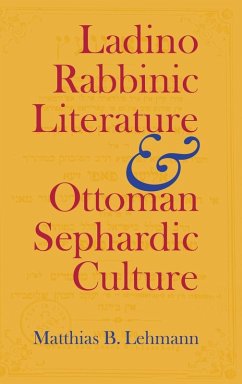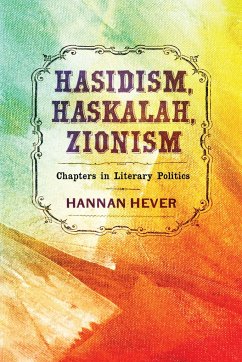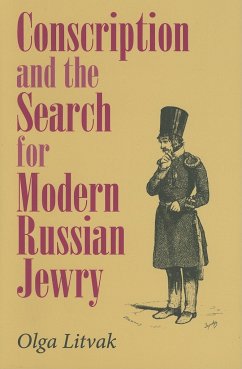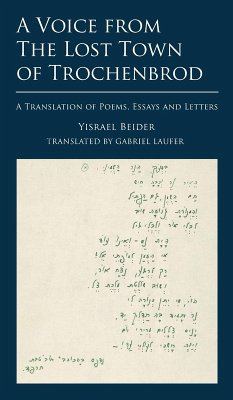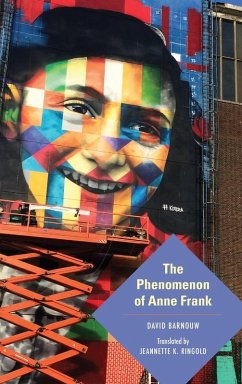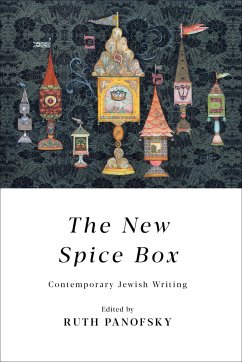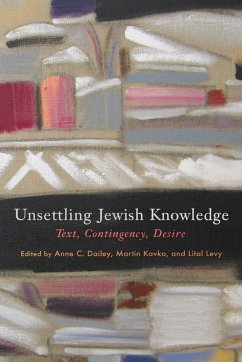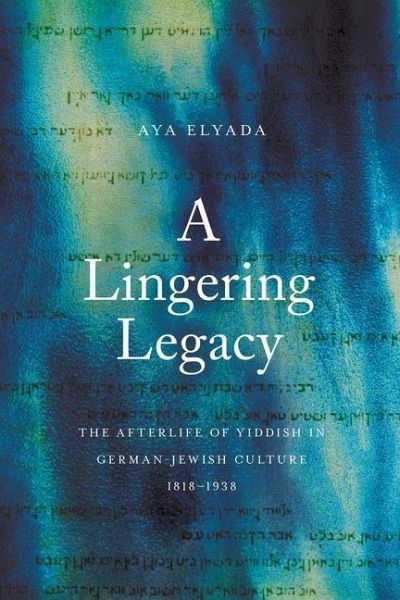
A Lingering Legacy
The Afterlife of Yiddish in German-Jewish Culture, 1818-1938
Versandkostenfrei!
Erscheint vorauss. 7. April 2026
73,99 €
inkl. MwSt.

PAYBACK Punkte
37 °P sammeln!
This book explores a unique and under-researched chapter in German-Jewish cultural history: the engagement of German-speaking Jewish authors, scholars, and intellectuals with their Yiddish literary heritage. From the late eighteenth century onwards, as growing circles of the German-Jewish population shifted from speaking Yiddish to German, the once-popular early modern corpus of Old Yiddish literature ceased to be published in the German-speaking lands. But this rich literary corpus did not entirely disappear from the cultural landscape of modern German Jews. Aya Elyada shows how Old Yiddish t...
This book explores a unique and under-researched chapter in German-Jewish cultural history: the engagement of German-speaking Jewish authors, scholars, and intellectuals with their Yiddish literary heritage. From the late eighteenth century onwards, as growing circles of the German-Jewish population shifted from speaking Yiddish to German, the once-popular early modern corpus of Old Yiddish literature ceased to be published in the German-speaking lands. But this rich literary corpus did not entirely disappear from the cultural landscape of modern German Jews. Aya Elyada shows how Old Yiddish texts continued to be retold, translated, adapted, discussed, and explored in the works of nineteenth and early-twentieth-century German Jewish authors. In doing so, she uncovers a rich afterlife, in which these beloved Yiddish works were not only newly appreciated as historical monuments, but served as the focus of lively discussions on a range of pertinent topics within modern German-Jewish culture, including tradition and secularization, acculturation and nostalgia, emancipation and antisemitism, gender relations, and religious reform. Illuminating how modern German-Jewish authors engaged with their premodern Yiddish heritage as central to modern Jewish experience and their distinctive cultural identity, this book unfolds a new dimension to German-Jewish history, culture, and literature.



